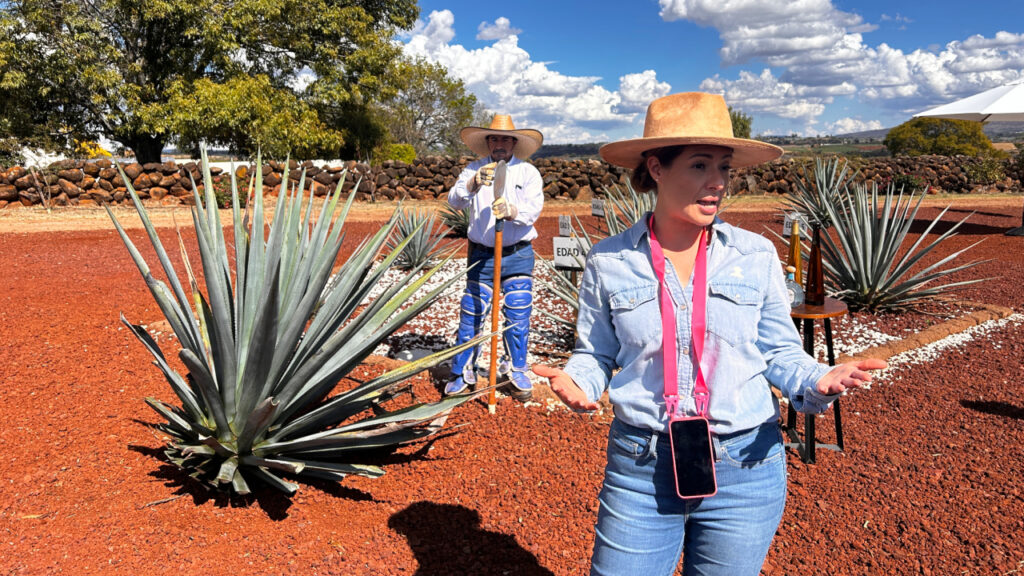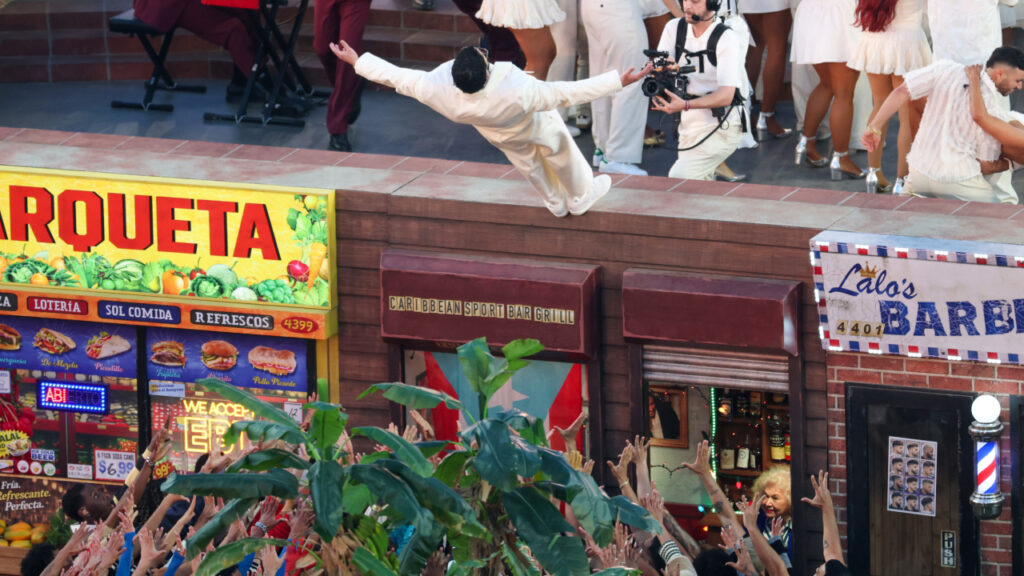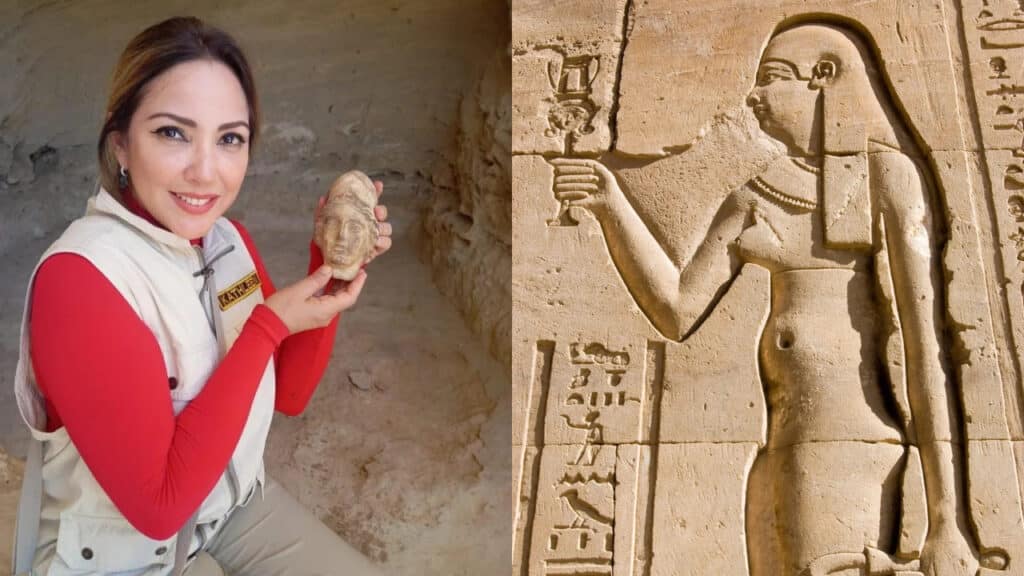
Latinas in the Sky: How These Trailblazing Pilots Are Redefining Aviation Leadership
In a field where less than one percent of airline pilots are Latino, and even fewer are women, Lt. Col. Marisol Chalas and Captain Georgia Cervantes are rewriting the script.
Their journeys as Latina Black Hawk pilots in the U.S. Army aren’t just about mastering the skies—they’re about shattering expectations, building legacies, and inspiring future generations of Latinas to dream bigger.
FIERCE had the honor to talk to these Latina pilots and learn more about what it takes to rise above in a male-dominated industry and how their cultural backgrounds play a vital role in shaping their leadership and vision.
From humble beginnings to the skies: Lt. Col. Marisol Chalas
For Lt. Col. Marisol Chalas, the first Latina National Guard Black Hawk pilot, aviation wasn’t always the goal. “When I joined the military a little more than three decades ago, my goal was very simple: to find a way to pay for college,” she reflects.
Born in the Dominican Republic, Chalas immigrated to the U.S. with her family, facing a new country, language, and culture. “Life was completely different in the U.S. No English in the beginning, rules to follow, and discipline.”

Chalas credits her strong upbringing for her perseverance
Raised in a family that valued hard work, respect, and discipline, she was determined to make her parents proud. “I felt their effort was worth imitating,” she says.
With the support of mentors and teachers, like her high school physics teacher, she was encouraged to pursue a path in STEM, which eventually led her to aviation.
Chalas’ journey in the Army wasn’t without challenges. However, her cultural roots instilled a sense of resilience. “Patience, understanding, empathy… all coated with discipline and respect” became the cornerstones of her leadership style.
Over the years, she grew to understand the unique strength she brought to the table as a Latina. “No matter how different your culture is from mine, you are a capable human being who can develop and grow with no limitations,” she adds.

Breaking barriers: Captain Georgia Cervantes’ journey
For Capt. Georgia Cervantes, aviation became a calling through mentorship. “I was inspired to pursue aviation by the incredible mentors I had in college, many of whom were dedicated aviators with a true passion for their careers. What struck me most was not just their love for flying, but the qualities they shared: they were driven, supportive, and deeply committed to the success of those around them,” she shares.
Coming from a background where Hispanic women in aviation were almost nonexistent, Cervantes saw her role as an opportunity to pave the way for others.
As a Latina, Cervantes found that her cultural values aligned closely with her experience in aviation. “I found a sense of camaraderie, where the team’s collective success elevates everyone,” she explains.

Influenced by her heritage, her leadership style focuses on resilience, adaptability, and community
“As a Latina, leadership is also about embracing the values of our culture—resilience, adaptability, and community.”
Cervantes believes her presence as a Latina pilot sends a powerful message to the next generation. “Representation matters, and when young Latinas see someone like them in a role they may have never considered, it can spark a belief that they, too, belong.”
She emphasizes the importance of mentorship, stating, “I encourage young Latinas to think beyond perceived limitations… we can lift each other as we rise.”

Latina pilots lead with purpose and the lessons from their heritage
Both Chalas and Cervantes agree that their cultural heritage has profoundly shaped their leadership styles.
For Lt. Col. Chalas, being raised in a Dominican household where hard work and respect were key, she carried these lessons into the Army. “My culture taught me discipline. Nothing was handed to us. We earned and developed in our particular areas as long as you respect one another.”
Similarly, Cervantes draws strength from her cultural roots, integrating them into how she leads. “As a Latina, leadership is about uplifting those around me. While I am proud of being a Latina, I didn’t choose my identity, but I did choose to lead with the values instilled in me by my heritage,” she shares. For her, leadership is rooted in actions, integrity, and paving the way for others.
Both women lead with empathy, understanding, and a deep sense of responsibility to the Latina community. Lt. Col. Chalas, a mentor and role model for many young women in aviation, believes that leading with character and purpose helps shape a stronger, more inclusive environment.
“By leaving a legacy of trust, professionalism, and positive impact, I help ensure that the women who come after me are set up for success.”
Turning challenges into opportunities for growth
Navigating the U.S. Army and aviation as a Latina comes with its own set of challenges. Lt. Col. Chalas recounts how, early on in her career, she was told that she wouldn’t be accepted into aviation. “When I wanted to become a pilot, I was not accepted and was told that I would never get the opportunity,” she recalls.
Only after a mentor, Col. Diana Craun encouraged her to pursue aviation training she embarked on the path that would lead her to become a groundbreaking pilot. “My responsibility? Continue to pass the torch,” she says.
For Capt. Cervantes, the weight of representation can be both a challenge and a blessing. “As a Latina officer, the way I conduct myself influences how the next Latina Soldier might be perceived… we carry the weight of representation with us,” she says. However, Cervantes views this as an opportunity to create change. “Every victory becomes a way to pave the path for those who follow.”
Both women have used their platforms to turn challenges into opportunities for growth, not only for themselves but for the Latinas who will follow in their footsteps. By actively mentoring young women and speaking at public events, they are dedicated to ensuring the next generation of Latina pilots doesn’t face the same barriers.

Paving the way for the next generation
Looking ahead, both Chalas and Cervantes have high hopes for the future of Latina representation in the U.S. Army and aviation.
Lt. Col. Chalas believes that the Army’s efforts to introduce new programs and opportunities for Latina women are a positive step forward. “The next generation of Latinas will not face the barriers I’ve overcome because the U.S. Army has continued to understand the problem, work on solutions, and encourage change,” she says.
She’s confident the future is bright, with more opportunities for Latinas to rise and succeed in these fields.
For Cervantes, it’s about ensuring that future Latina pilots don’t even have to think about the barriers that once existed. “I hope young Latinos and Latinas feel empowered to imagine themselves in any role they desire, including fields like the U.S. Army and aviation, where they’ve historically been underrepresented.”
Both women stress the importance of mentorship, visibility, and support systems in ensuring that the next generation can thrive. “The journey to break barriers isn’t easy,” Cervantes acknowledges, “but through mentorship and visibility, I hope to inspire others to pursue their passions and take up space in industries where our presence is needed.”

The sky is not the limit for these pilots
Lt. Col. Marisol Chalas and Capt. Georgia Cervantes are living proof that with determination, support, and a commitment to breaking barriers, Latinas can soar in any field.
Through their leadership, mentorship, and unwavering belief in the next generation, these pilots are ensuring that the path to aviation—and beyond—is open to all Latinas who dare to dream.
Their message is clear: “Querer es poder” — “Yes, we can.”
The future of Latina representation in aviation and the Army is brighter because of these two trailblazer pilots. With every flight they take, they carry the hopes of future generations, proving that the sky is not the limit—it’s only the beginning.




